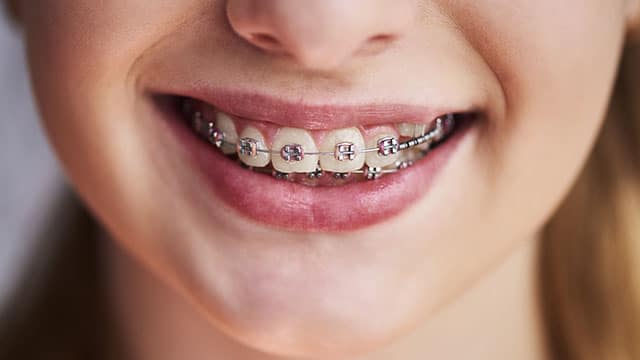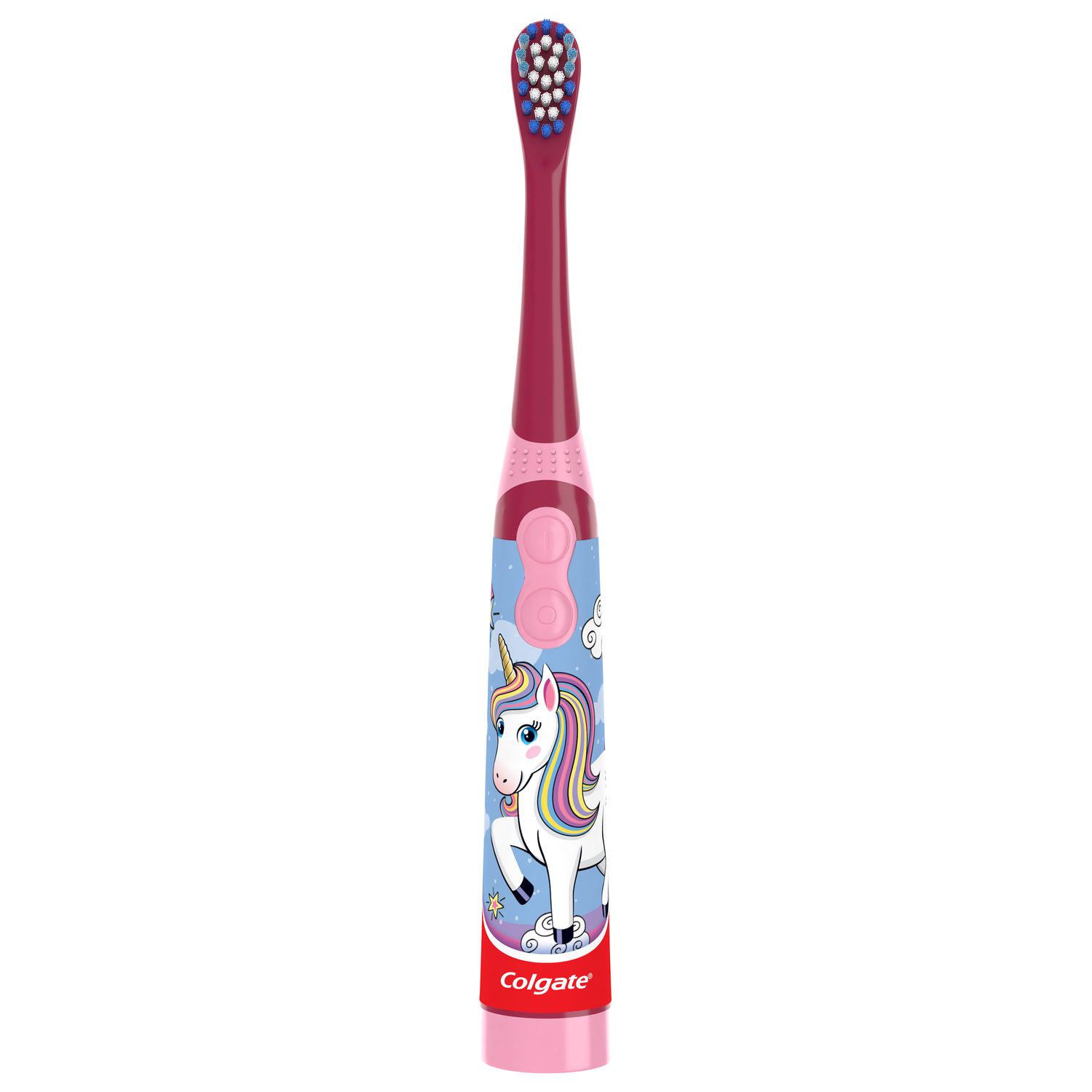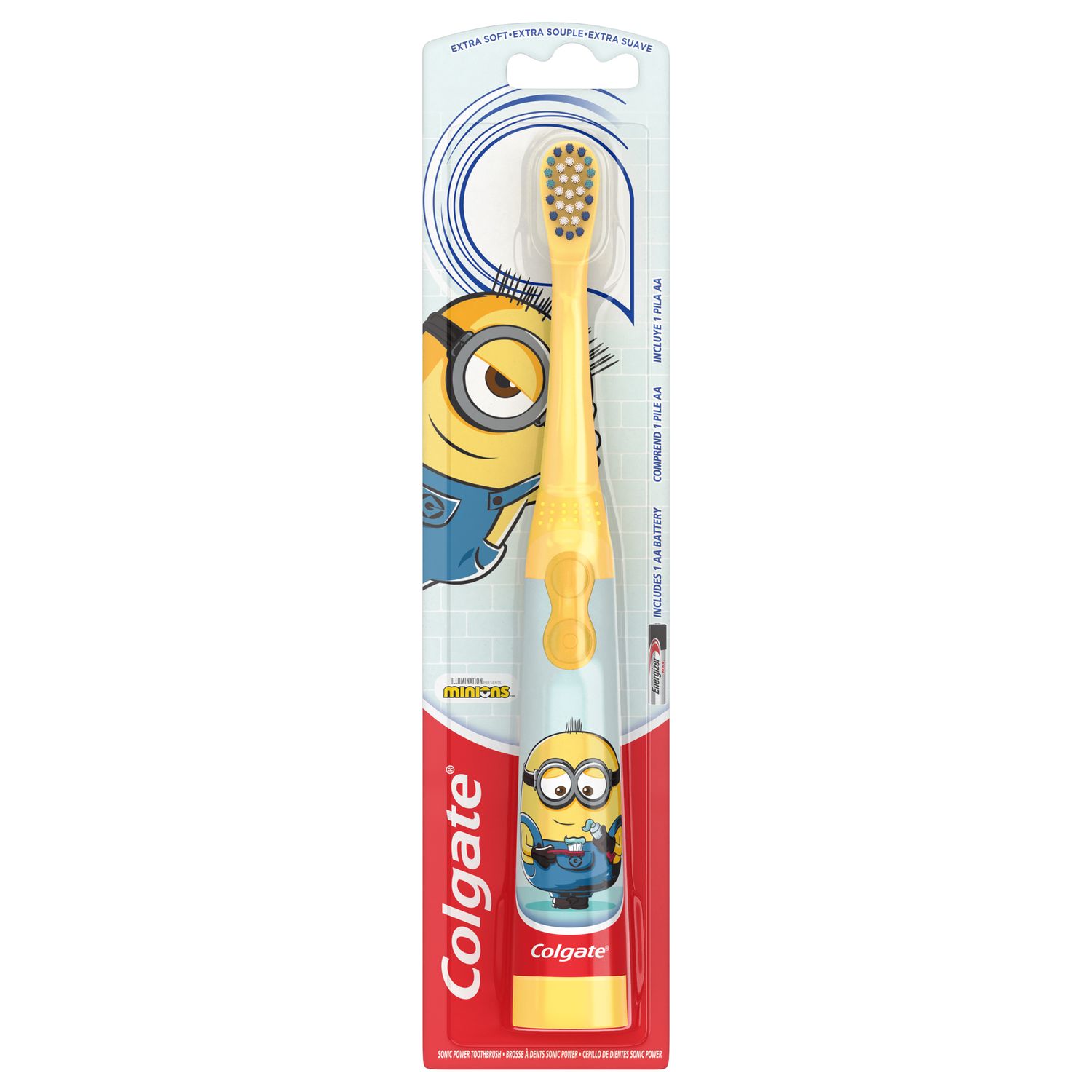Hutchinson's Teeth Causes
Syphilis is a bacterial infection (caused by the bacteria Treponema pallidum) typically spread via sexual contact that presents in the form of painless sores. Transmission occurs when an uninfected individual touches the sores of an infected person.
Mothers with syphilis can pass the infection to their children. Babies born with syphilis become infected during the birthing process or from the placenta. Many born with syphilis experience no symptoms at all, while some experience rash or more severe symptoms.
In children with congenital syphilis, one characteristic symptom is a change in the development of their teeth' shape. Known as Hutchinson's teeth, this causes teeth to spread out further than typical and have pegged or curved notches on their biting surface.
Hutchinson’s Triad
Hutchinson's teeth get their name from the British surgeon Sir Jonathan Hutchinson, who discovered this condition's connection with congenital syphilis in 1858. Additionally, he pinpointed two other symptoms that occur with congenital syphilis, making what’s known as Hutchinson’s triad:
- Hutchinson teeth (incisors that are notched or pegged in appearance)
- Interstitial ocular keratitis (redness and inflammation of the cornea of your eye)
- Deafness in the eighth nerve (sensorineural hearing loss)
Treatment Options
If your child has syphilis, it’s vital to reach out to your medical professional for expert care and treatment to prevent serious symptoms or developmental issues. Rest assured that pediatricians are well-equipped to assist you or your child and walk you through treatment.
If your child has Hutchinson’s teeth, it’s a great idea to schedule an appointment with a pediatric dentist. They can recommend treatment for any dental problems resulting from developmental concerns, including congenital syphilis. They’re specially trained to work with children and address misshapen teeth that result from this condition.
Your dental professional may recommend:
- X-rays or other diagnostic imaging
- Braces or other orthodontic appliances
- Fillings, crowns, bridges, or other dental restorations
It’s important to address dental concerns early on to avoid associated oral health problems resulting from differently-shaped teeth. Dental interventions can help not only with appearance but with overall health.
Tips for caring for Hutchinson’s teeth may include:
- Gently brush your teeth for two minutes twice a day with a soft-bristled toothbrush.
- Clean between your teeth once a day using floss, an interdental brush, or a flossing device.
- Use fluoridated items like toothpaste, mouthwash, or water (most tap water contains fluoride!).
- Eat a healthy, balanced diet that’s low in sugary and acidic foods and drinks.
- Visit your dental professional at least every six months to stay ahead of problems.
You've made a healthy choice to read up on the symptoms associated with congenital syphilis. It can be stressful to deal with these symptoms but rest assured knowing that you're in good hands with pediatricians and pediatric dentists. You're now prepared with an understanding of the causes of Hutchinson's teeth, what dental professionals may recommend, and how to care for them.
Oral Care Center articles are reviewed by an oral health medical professional. This information is for educational purposes only. This content is not intended to be a substitute for professional medical advice, diagnosis or treatment. Always seek the advice of your dentist, physician or other qualified healthcare provider.
ORAL HEALTH QUIZ
What's behind your smile?
Take our Oral Health assessment to get the most from your oral care routine
ORAL HEALTH QUIZ
What's behind your smile?
Take our Oral Health assessment to get the most from your oral care routine















